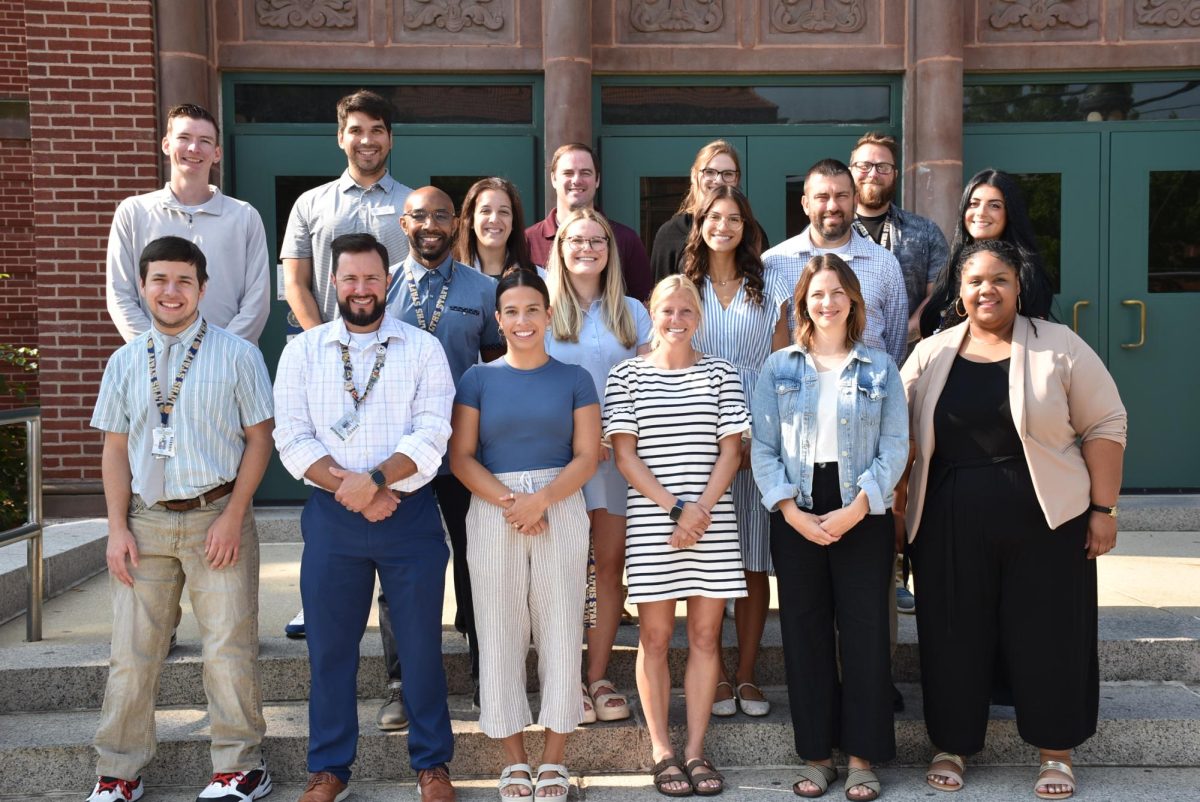LT screened the class of 2027 for signs of depression and suicidal ideation through a partnership with Elyssa’s Mission, a non-profit with the goal of educating students and staff.
On Oct. 8 and 10, health and gym classes held a guided discussion and administered a screener, all with the goal of identifying students who are at risk for suicidal ideations. Although these lessons and screeners only utilized two days of class periods, their preparation and impact span far greater.
Elyssa’s Mission, founded in 2006 to honor Elyssa Meyers, an individual who battled depression and PTSD, was brought to LT by Gina Horeni, a school social worker for the class of 2026.
“I partnered with Elyssa’s mission to do the SOS program at my previous school and saw so many benefits. I asked our division chair, Mr. [Drew] Eder if we could bring the program here,” Horeni said.
Elyssa’s Mission had a very positive impact on Horeni’s previous school district and was well received by not only the school but the community as a whole, Horeni said. When Horeni asked to include Elyssa’s Mission in LT’s SEL curriculum, Drew Eder, LT’s division chair for Counseling and Student Supports, was immediately receptive.
“We set up a meeting with [Elyssa’s Mission] last April to learn about the program and to consider what it would look like, and learned about the process and the timeline, and then proposed to Dr. [Jennifer] Tyrrell and Dr. [Leslie] Owens what we believed our next steps would be,” Eder said.
The planning consisted of training for LT staff, which occurred the week of Sept. 30. Eylssa’s Mission also provided additional training, as well as the materials for the in-class presentation and discussion, which will be led by LT staff.
“Our health and PE teachers [facilitated] the lesson. Essentially, it is three videos that include true stories of people who struggled with depression and/or suicidal ideation. They received mental health treatment and feel better. It encourages them to get help from an adult when they are worried about a friend,” Horeni said.
These lessons are vital in reducing the stigma and risk of suicidal ideations. These videos and discussions are the only school-based program to reduce self-reported suicide attempts by up to 60%. Following these lessons, students were able to ask the counselor any questions that their PE or Health teacher may not have felt fully prepared for.
“It’s called the BSAD screener, the Brief Adolescent Screener for Depression. It is a seven-question screener that asks students questions about how they have recently been thinking and feeling.” Horeni said.
After the screener is complete, the student service division receives the results and, following the procedure provided by Elyssa’s Mission, will speak with students. These conversations are with a social worker at LT and cover why the student chose certain answers and what resources they may need to access, Eder said. Parents are notified after this conversation based on what the student discussed. Eder further elaborated on the involvement of families.
“As a school, we make strong recommendations, but we do not have the authority to require students and families to pursue treatment. We provide observations, facts, and experiences as to why we’re making those recommendations and ultimately want to explain to families that we want your child to be safe,” Eder said.
In Illinois, children are able to seek eight 90-minute sessions without the consent of their parent/guardian(s).
The LT staff is ready to administer this vital program and aid students using these tools for years to come.
“I think the adults that work at LT got into education because they care about kids,” Horeni said. “They recognize that suicide prevention is a very important topic. And so I think everyone feels excited to be able to work together to make this happen.”
Even though this work is vital and important for the LT community at large, it is still taxing for the staff involved. Dr. Leslie Owens, the director of student services, speaks about how LT ensures that all staff members feel supported by the school.
“It’s really important after any kind of crisis or something like this, to your point where we’re engaging with students on a really difficult topic that we debrief with our staff that we really set aside time at the end of the day to make sure everyone’s OK and then continue to check in over the course of the next few weeks . . . it’s really important that each mental health professional has their own set of resources” Owens said.
The more resources that LT staff have, the more assistance they are able to provide students on topics that can be complex and intense, Owens said. Overall, the LT staff is excited to welcome a new, impactful program to aid LT students. Even though many months of planning and training went into this program, its success reaped great rewards.
“I just think it’s a really important, really important initiative because even if one student conveys something that we’re able to assist them with, it’s all worth it.”

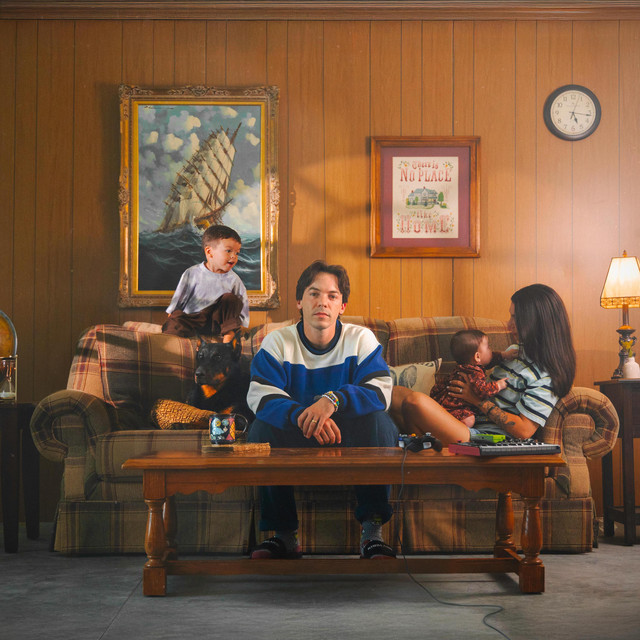
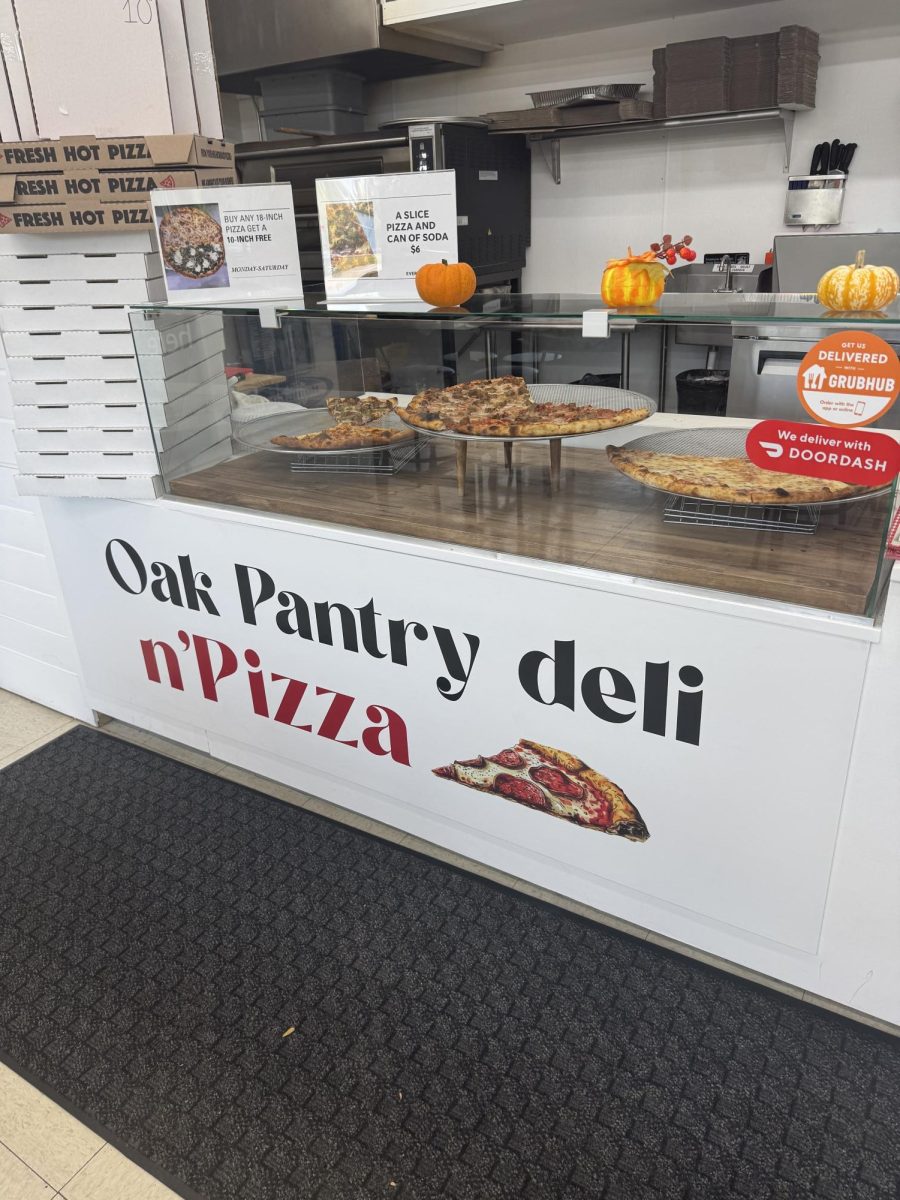

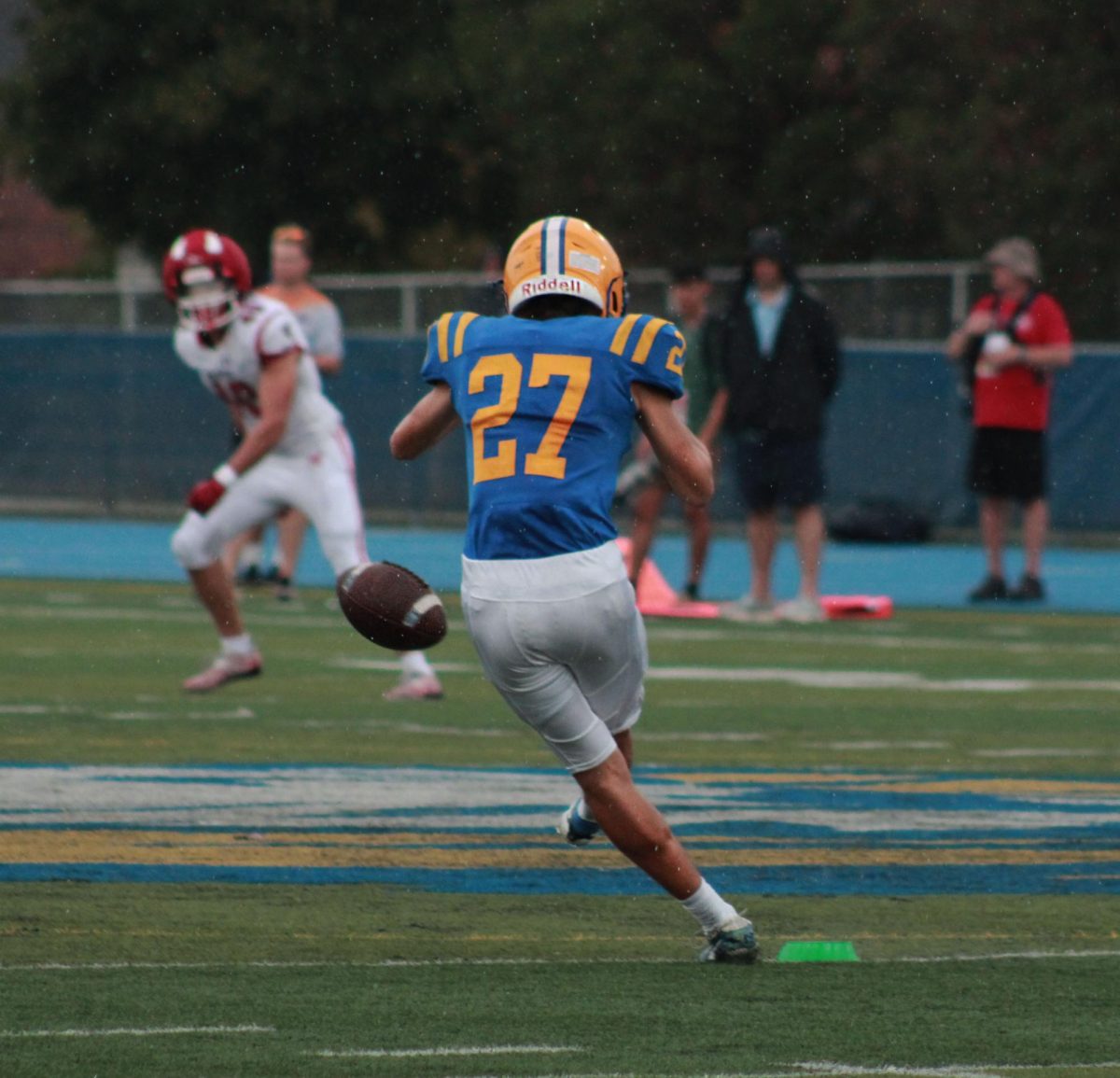
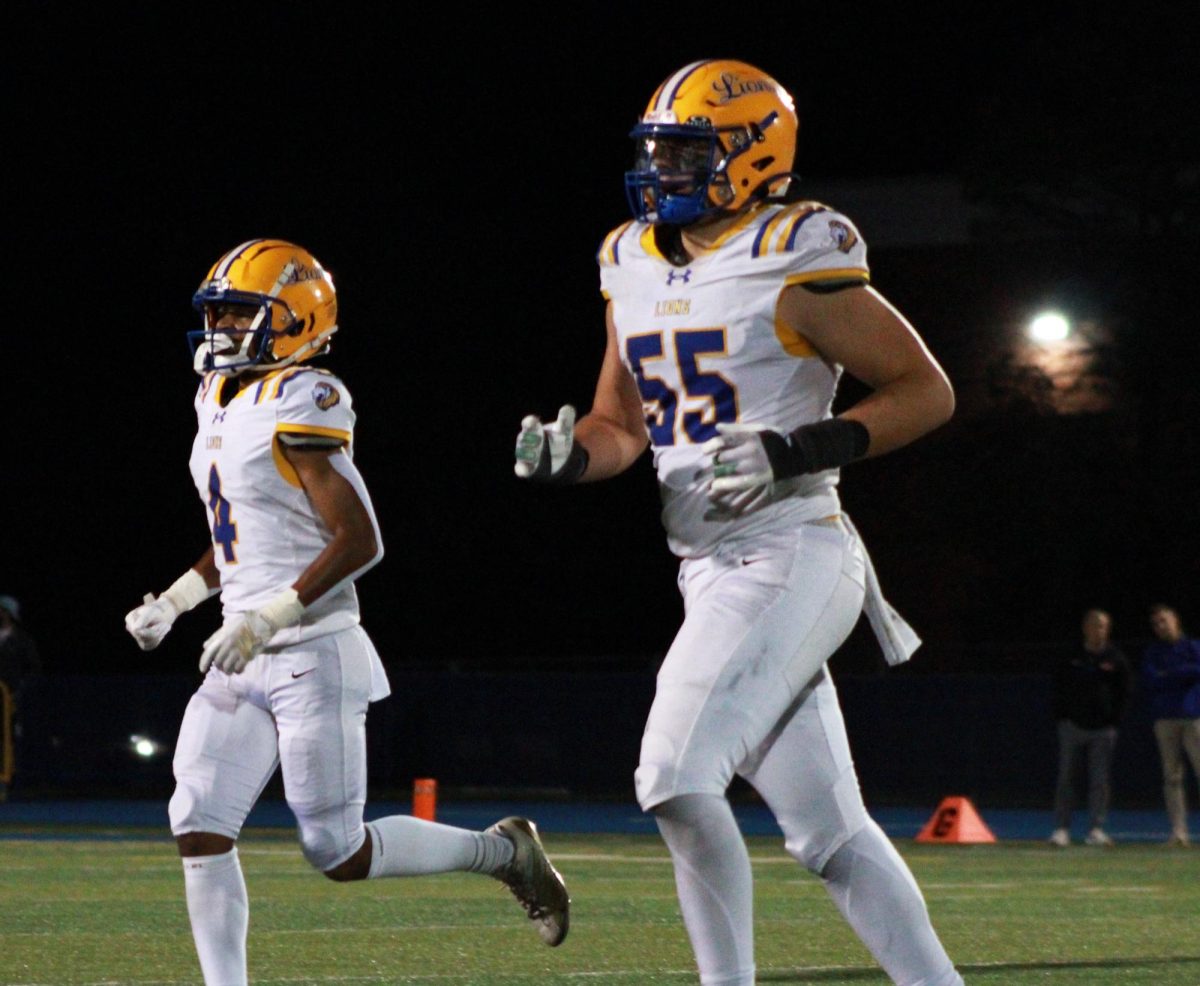
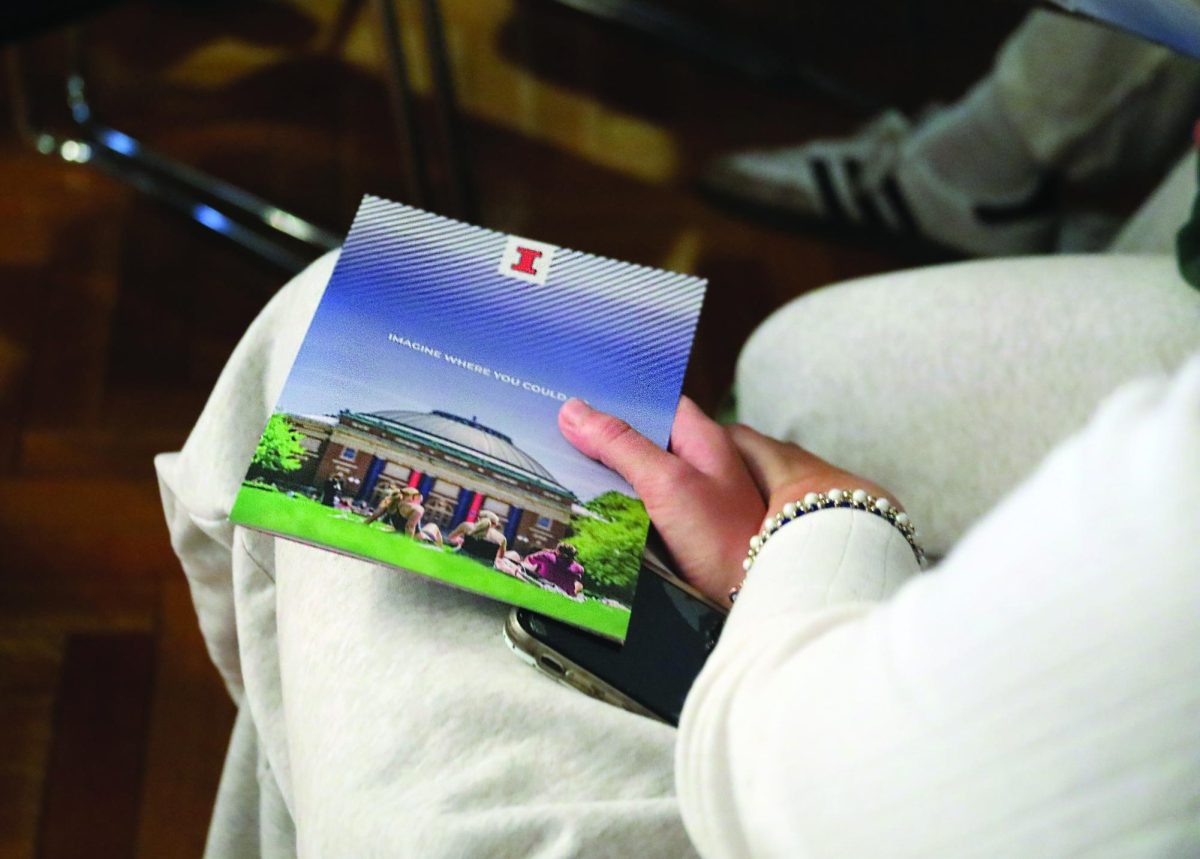
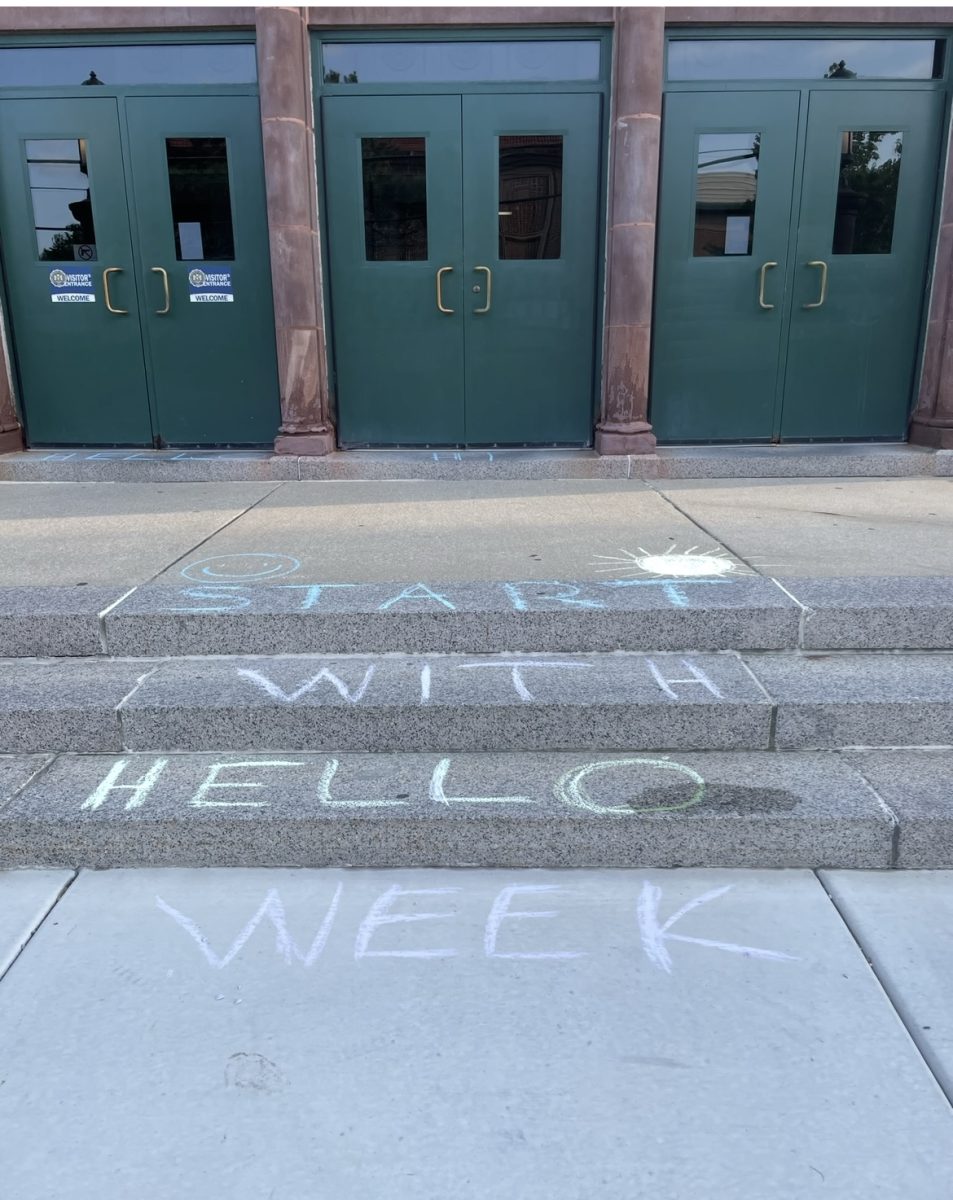

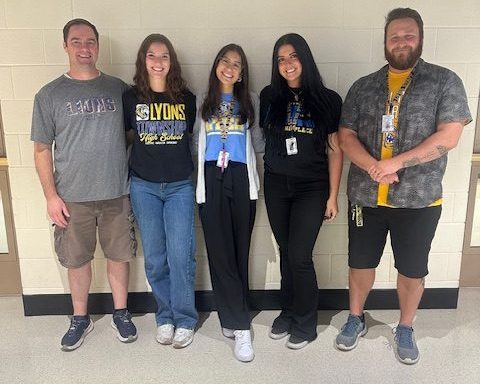
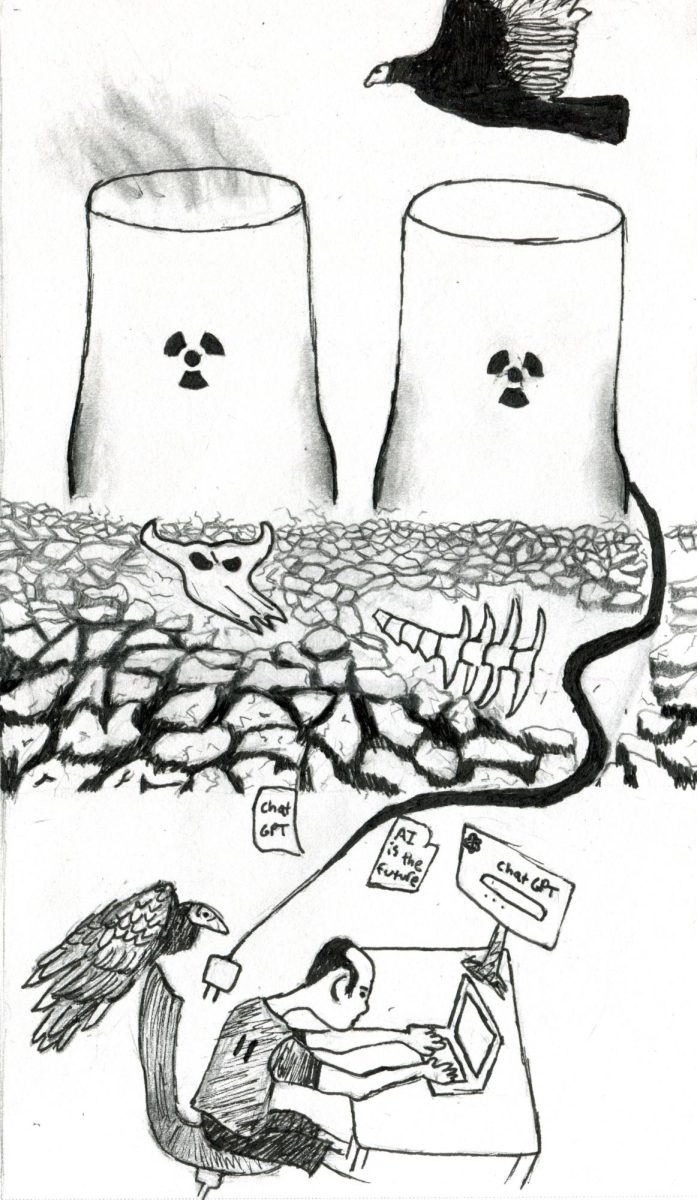
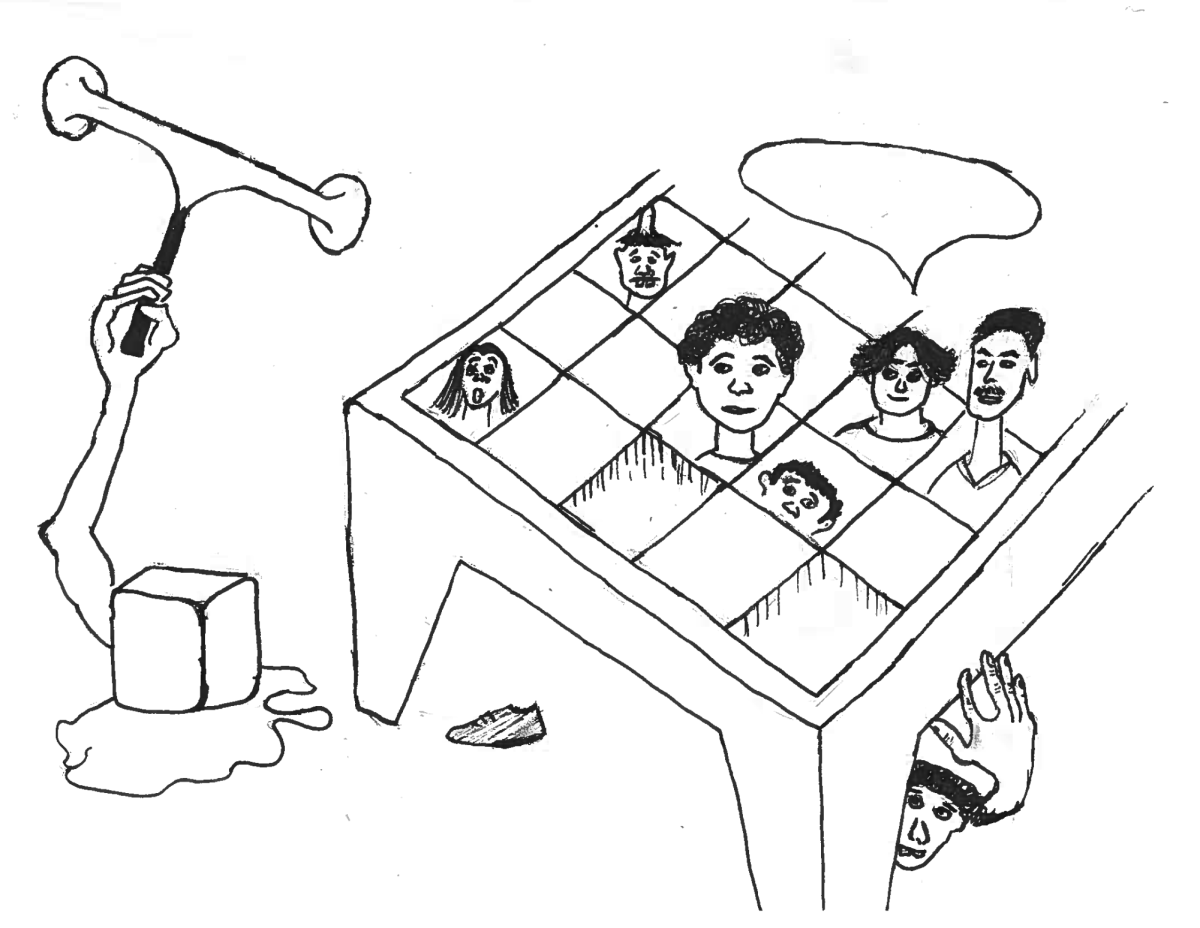
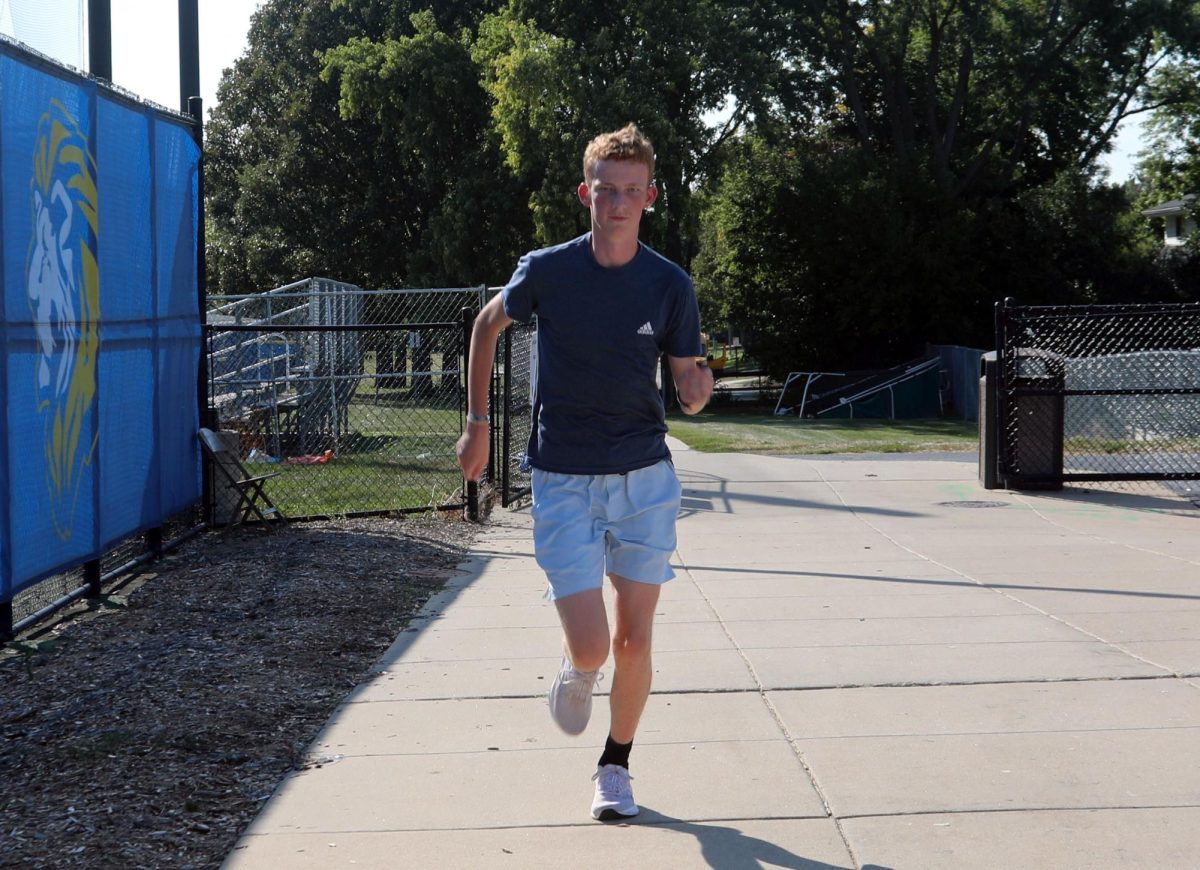

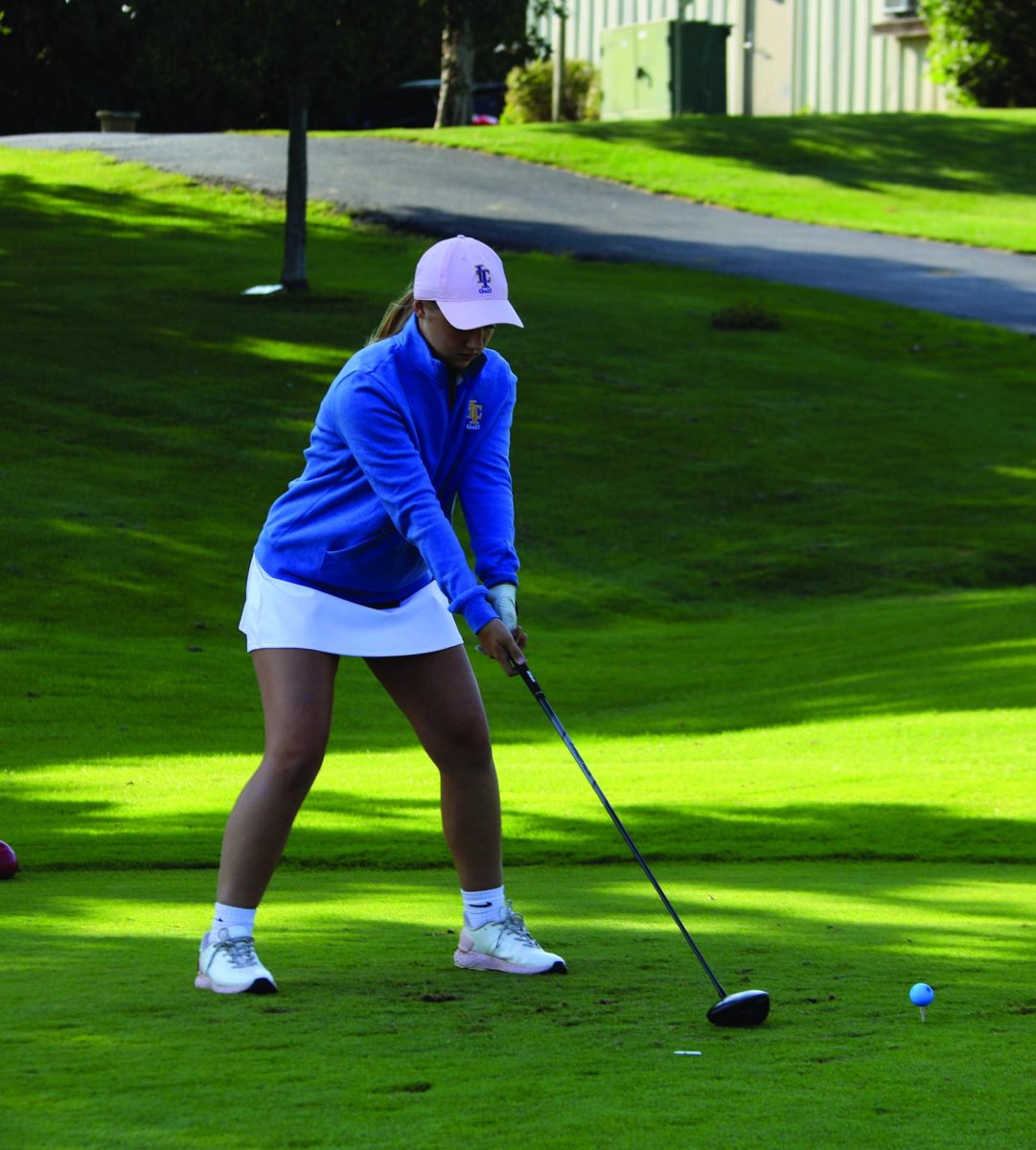
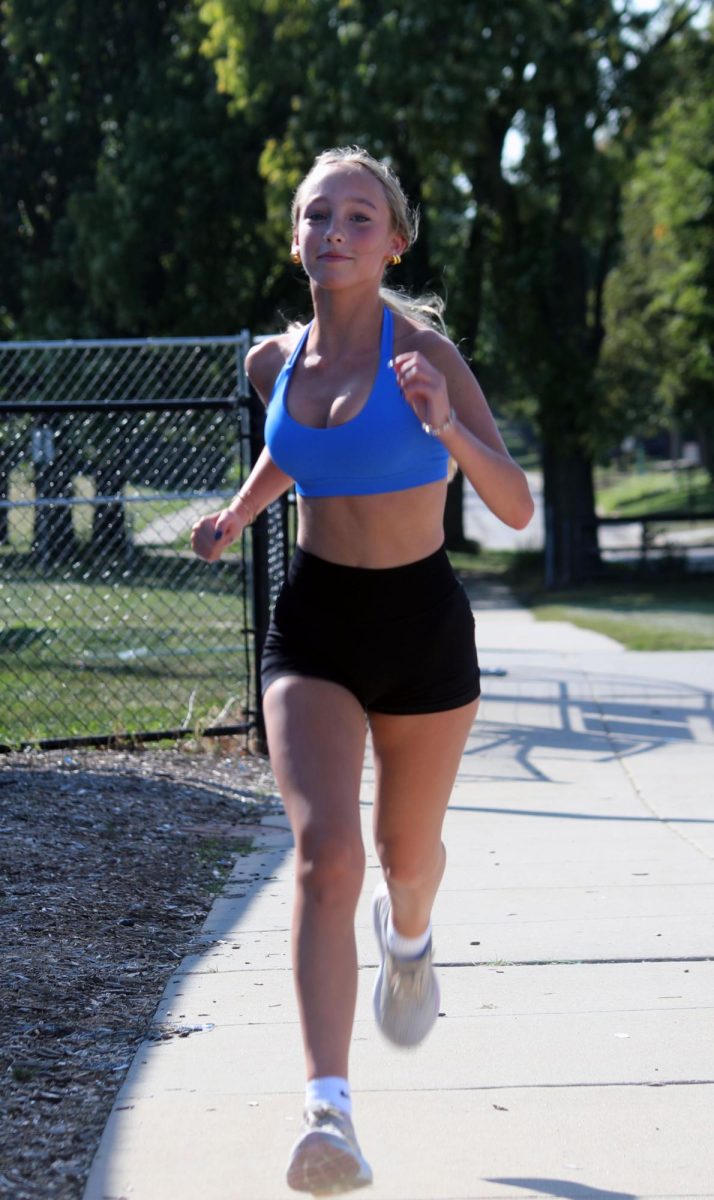
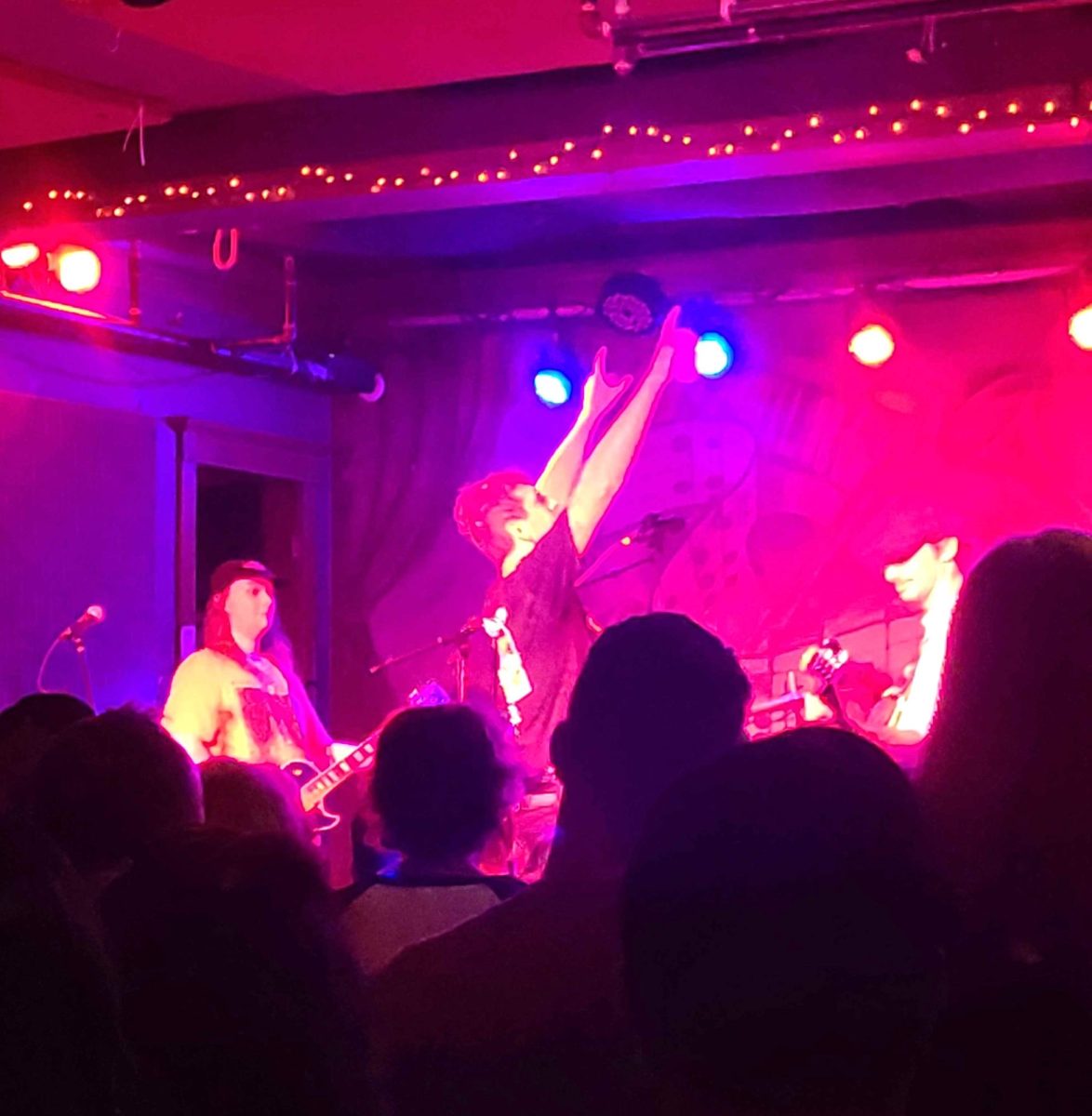

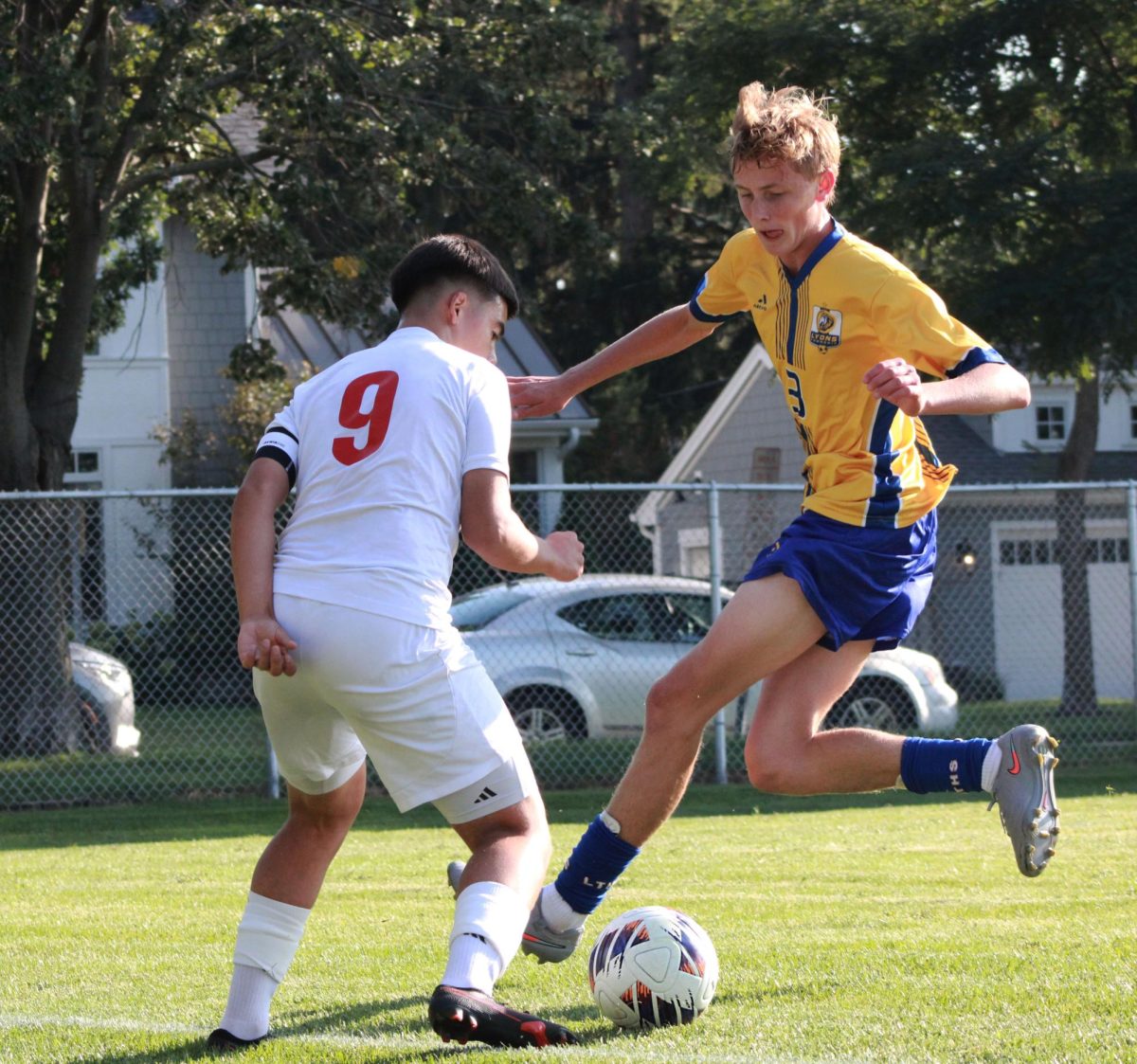
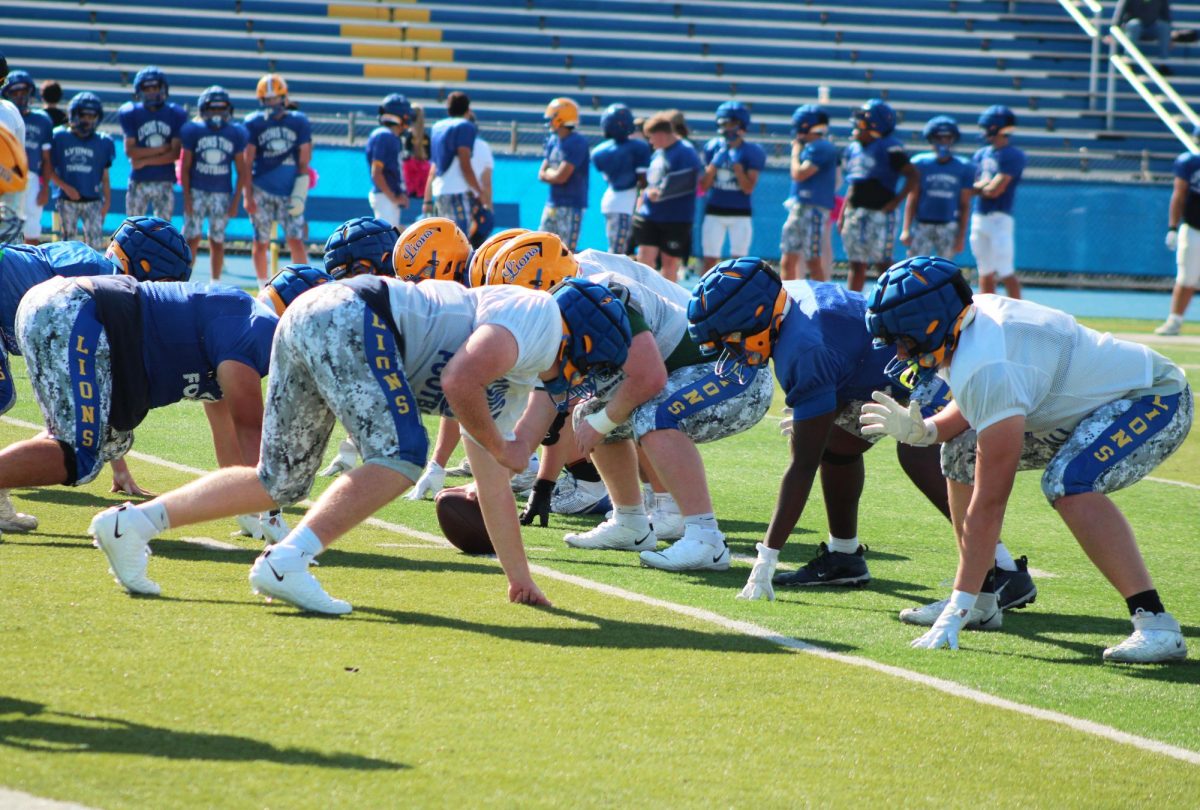


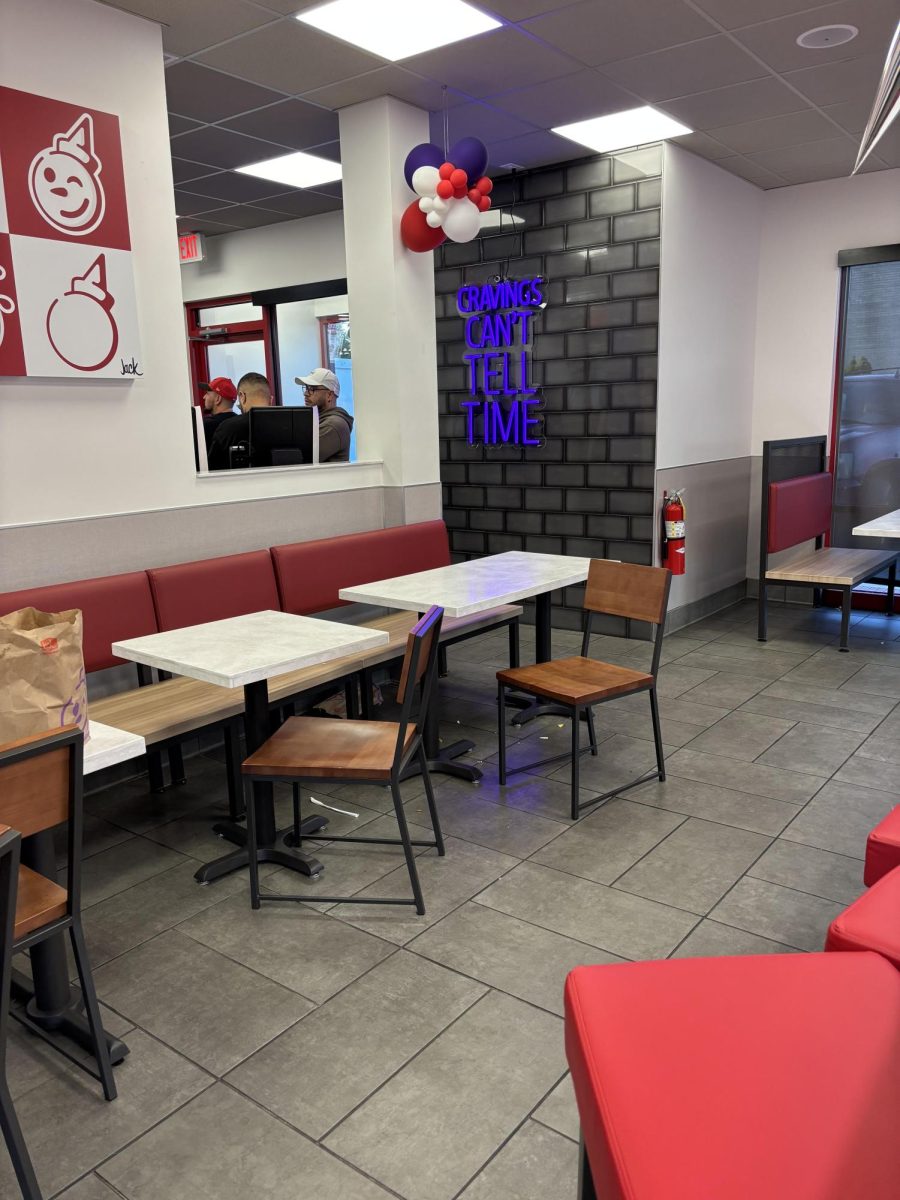


![Movie poster for '[Rec]" (2007).](https://www.lionnewspaper.com/wp-content/uploads/2023/04/rec-640x900.jpg)


